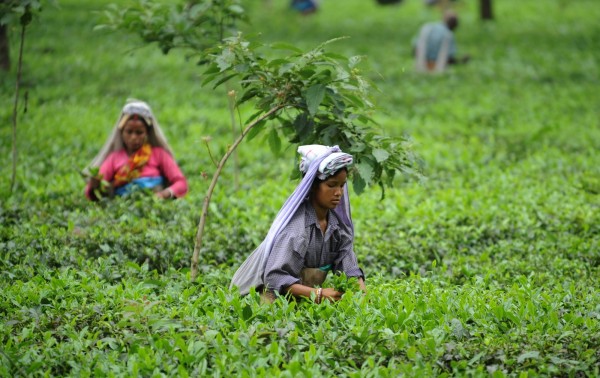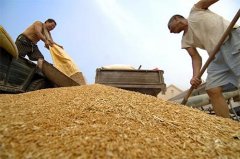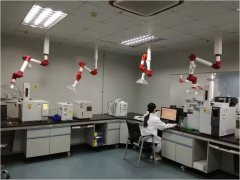Darjeeling black tea production in India has plummeted by 90%. Tea prices may soar.
Darjeeling black tea, one of the three largest black teas in the world, has recently been greatly affected by the sudden outburst of local races and a general strike, including a 90% drop in tea production in June, which has a great impact on the global tea market.

Foreign media reported earlier that the Darjeeling tea area in the eastern state of West Bengal in India, which is at the foot of the Himalayas, produces about 10,000 tons of tea a year and is a well-known producer of black tea, but recently, due to the violence of the local aboriginal Gorka and Bengali ethnic groups, the Gurkha ethnic group launched a strike by fierce means, causing many deaths and injuries in the process.
During the second harvest period of Darjeeling black tea from the end of May to the middle of July, nearly 8 million kilograms of black tea were sold each year, mostly from this period, but after the unrest, the output of tea in June fell to only 140000 kilograms, down 90 percent from 1.33 million kilograms in the same period last year. As a result, the world is facing a serious shortage of black tea, and the local tourism industry has also been hit. Some forecasts even point out that the price of tea will rise by more than 20% next, and some Darjeeling tea gardens may take several years to recover.
- Prev

Credit Suisse: more than 30% of global food output is consumed and wasted
Credit Suisse Research Institute released a report entitled "Global Food system: exploring Sustainable Development Solutions," pointing out that more than 30% of the world's total food production is consumed and wasted. If the sustainability of the global food system is to be enhanced, then it is necessary to turn to a plant-based diet.
- Next

Japan Agrochemical Industry Association refutes the report that Japanese tea pesticides exceed the standard in Modern Weekly.
The Agrochemical Industry Association refuted the eight contents of the Weekly article and explained its point of view. The first point is the description of the residual pesticide content in the article, which should not be vigilant just because it is lower than the domestic residue standard value. The standard value of pesticide residues in Japanese tea is currently the highest in the world.
Related
- A one-day flower show brings 130 million yuan in orders! Nanhai, this Phalaenopsis exhibition is amazing
- What do the flower language and meaning of Lutheran tree mean? Precautions for planting Lutheran tree
- Encounter Chaoshan Kongfu tea, not without this cup of Phoenix single clump
- The durian market in Vietnam and Thailand is flooded. The price of imported durian has plummeted by 30-40% in a month.
- Shanghai solved the problem of local vegetable supply by planting 80,000 mu of green leafy vegetables.
- Wageningen University has become the best agricultural university in the world for the seventh time in a row.
- The strongest export season of South African grapes is full of challenges, with exports to Russia falling sharply by 21%.
- Sri Lanka is on the verge of bankruptcy, "Tea for debt" Organic Agriculture Revolution aggravates the Food crisis?
- Turning waste into earthworm manure and worm manure into organic fertilizer-A new choice for auxiliary farming
- Organic rice growers shoulder the responsibility of nurturing agricultural talents! Yinchuan Sustainable Farm with Organic Life Camp

